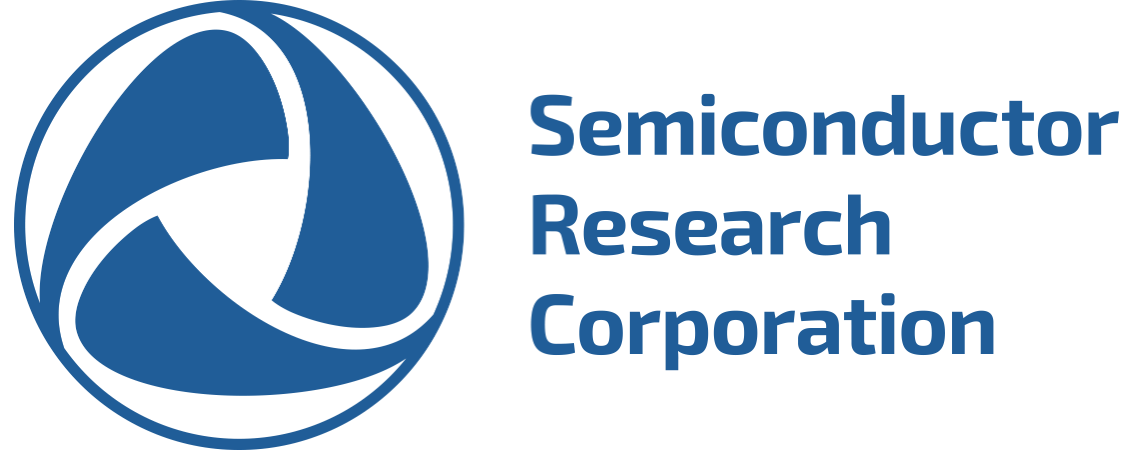Overview
The Western Institute of Nanoelectronics (WIN) is led by the University of California at Los Angeles (UCLA) and participants come from UC Berkeley, UC Santa Barbara and UC Irvine.
WIN's mission is to explore and develop advanced spintronic research devices with performance beyond conventional scaled CMOS. The period from 2011 to 2012 represents WIN Phase 1.5 in which we plan to undertake innovative research investigations of spin dynamics in collective spintronic devices. We aim in advancing device and circuit design toward the highest possible operating speed at room temperature operation with lowest energy dissipation. The current research focuses on four primary nano spintronic device platform each allocated a unique theme and theme leader.
Research Focus
Nano Magnetic Circuits - This theme will implement logic circuits based on interacting, single-domain nanomagnetic elements. Coupling between elements is via nearest-neighbor dipole interactions, facilitated by an external 'clocking' field that is provided either by on-chip magnetic field generator, or via electric-field control using novel multiferroic materials. A large part of this effort will be devoted to developing high-speed characterization techniques that allow for the direct observation of magnetic switching dynamics in individual nanomagnets as well as in circuits.
Spin Wave Devices - This theme will implement spin wave based circuits where we will fabricate majority gate structures. Together with these devices, this plan is to incorporate essential elements of spin wave based logic and signal processing with spin wave generators, detectors and “gates”. This project will aim at performing high speed transmission and spin wave computation. In accessing the speed performance, an new high speed magneto-optical imaging method will be employed to observe and optimize the wave dynamics.
Spin Torque Logic - In this theme the plan is to construct STTRAM logic and circuits to perform digital read, write and logic operations in the GHz frequency operation. A large effort here will be in fabricating the circuits and also carefully designing taking into account the high speed and dynamic nature of this system.
SpinFET - This theme plans to implement a room temperature SpinFET device that includes room temperature DMS materials. The channel material in spin FETs undergoes a phase transition from ferromagnetic to paramagnetic phases, giving rise to the modulation of spins. In this device, only magnetic signal (not the electron carriers) propagates through and thus there is no I2R loss. In addition, charge signal readout is necessary only when conversion to CMOS circuits takes place.
Center Management
Center Director
Kang Wang - UCLA
Center Operations Director
Kos Galatsis - UCLA
NRI Historical Content
As part of NRI Phase 1.5, the WIN Center ended on March 31, 2013. Content on this page may no longer be current.
Some research started in the WIN Center is being continued in the STARnet FAME Center.
WIN Metrics
-
Since Inception
8 Projects14 Universities96 Research Scholars40 Faculty Researchers8 Liaisons462 Research Data


 WIN
WIN